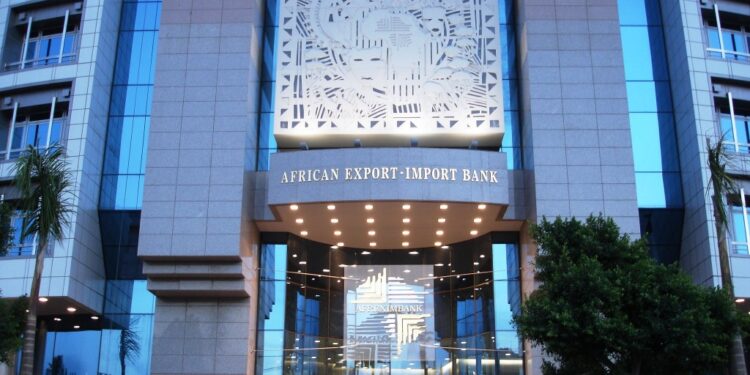Nigeria was the top intra-African trading country in West Africa in 2024, recording trade worth $18.4 billion, a sharp rise from $8.1 billion in 2023, according to the latest report by the African Export-Import Bank (Afreximbank).
The data was presented in the 2025 African Trade Report, launched on Wednesday at the ongoing Afreximbank Annual Meetings. The event featured key figures, including Afreximbank President Prof. Benedict Oramah, Nigeria’s Vice President Kashim Shettima (represented by Tope Fasua), and other top officials.
📈 Nigeria’s Intra-African Trade Surge
The report highlighted Nigeria’s strong performance in intra-African trade, driven largely by crude oil exports, with increasing momentum in refined petroleum products following the operational launch of the Dangote Refinery.
“The 650,000 bpd Dangote Refinery began supplying products directly to Cameroon and other neighbouring markets, reducing reliance on intermediaries and boosting regional energy integration,” the report noted.
🌍 Continental Trade Landscape
- Intra-African trade totaled $220.3 billion in 2024, up from $196.04 billion in 2023 and $208.3 billion in 2022.
- This growth marked a turnaround from the previous year’s contraction, supported by strong performances in Nigeria and Morocco, which offset weaker results in countries like Ethiopia and Côte d’Ivoire.
South Africa retained its top spot as Africa’s largest intra-African trading nation, with deep ties to SADC and SACU nations such as Mozambique, Botswana, Zimbabwe, Namibia, and Zambia.
🏆 Top Intra-African Exporters (2024)
- South Africa
- Côte d’Ivoire
- Egypt
- Nigeria
- Zimbabwe
Followed by: Mali, Ghana, Zambia, DRC, and Namibia
🇳🇬 Nigeria in Focus
Prof. Oramah commended the Federal Government of Nigeria for its continued support, including prompt responses to capital calls and efforts to eliminate regulatory bottlenecks.
“With Nigeria’s backing, Afreximbank has mobilised over $250 billion for the continent in the past 32 years,” Oramah said.
“We’ve supported sectors neglected by traditional lenders and acted as a financial safety net during crises—from COVID-19 to global commodity shocks.”
💰 Trade & Economic Context
- Nigeria’s total exports in 2024 surged to $50.4 billion, bolstered by exchange rate depreciation and fuel subsidy removal.
- According to National Bureau of Statistics (NBS) data, Nigeria recorded its highest-ever trade volume at ₦138 trillion, up 106% from the previous year.
However, the figures exclude trade in services, a critical area of Nigeria’s forex demand—especially in tech, consulting, and support services.
Despite forex challenges, the Central Bank of Nigeria (CBN) reported a $5.14 billion current account surplus in Q3 2024, signaling some progress in the country’s external financial position.
🧭 Takeaway
Nigeria’s performance in intra-African trade underscores its growing regional economic influence and the impact of recent reforms. With rising exports of refined products, improved infrastructure, and expanding trade ties, the country is positioned to play a more central role in Africa’s push for economic integration under the AfCFTA framework.

Leave a Reply